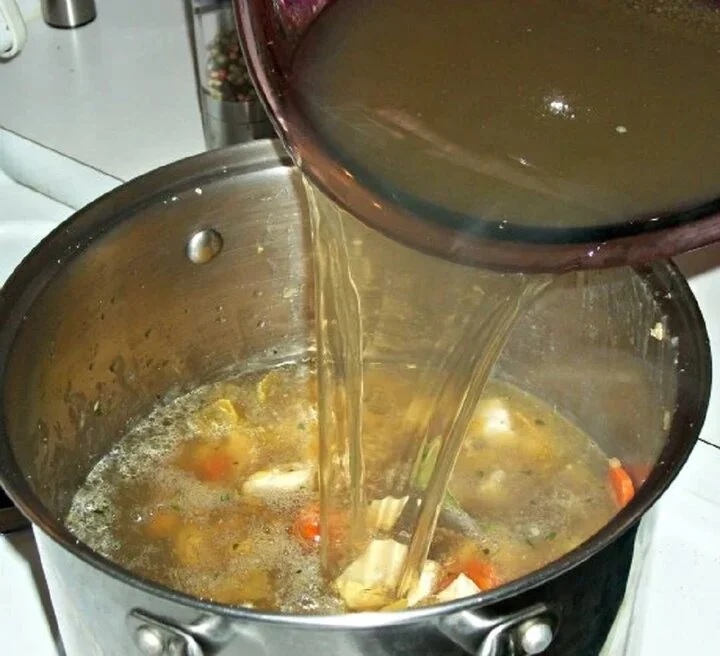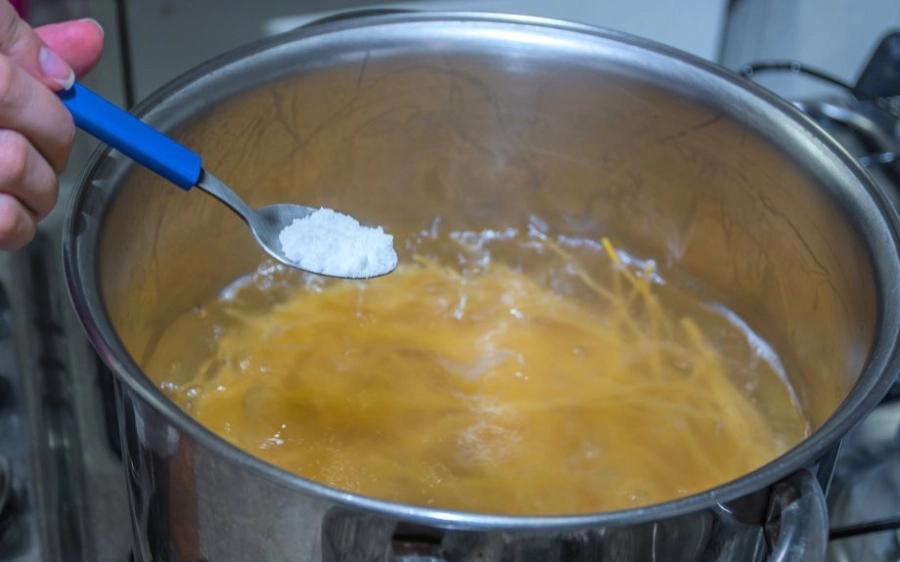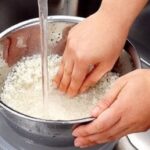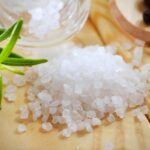## Oops, Too Much Salt! Tips to Save Your Dish
What to do if you add too much salt to your food?
If you’ve accidentally added too much salt to your dish, don’t panic! Simply grab a raw potato, cut it into thin slices, and drop them into your salty soup or stew. Let the potato slices soak up the excess salt for at least 15 minutes. After that, remove the potatoes and taste your dish to adjust the seasoning if needed.

Don’t rush to dilute your dish! There are plenty of ways to reduce the saltiness while preserving the flavors.
Alternatively, a small amount of rice vinegar or fresh lemon juice can help neutralize the saltiness. However, avoid using this method for dishes with dairy as the acid from the vinegar or lemon juice may cause curdling and alter the taste.
Use Tomatoes
If you don’t have lemons or potatoes on hand, try thickly sliced tomatoes. Let them soak in your dish for 15 to 20 minutes to reduce the saltiness. While effective, tomatoes are milder in their acidity and therefore not as powerful as the previous methods.
Egg Whites to the Rescue
For salty soups or stews, try adding egg whites. Simply crack a few eggs and separate the whites from the yolks. Gently pour the whites into the pot and let it simmer for about 5 minutes. The saltiness will noticeably decrease. Use the appropriate amount of egg whites depending on the volume of your dish.

Stir the egg whites gently to reduce the saltiness evenly throughout your dish.
Honey for a Soothing Touch
Honey can be a great way to mellow out the saltiness in certain dishes. Its natural sweetness will add a pleasant flavor to your soups or stews. Alternatively, you can use sugar, but be cautious not to overdo it and maintain a balanced taste.
– Add Water: Dilute the dish with a moderate amount of water and simmer to reduce the liquid. This will help decrease the concentration of salt without drastically altering the dish.
– Potato Power: Cut potatoes into chunks and add them to your dish. Potatoes act as salt magnets, absorbing the excess. After cooking for a while, remove the potatoes.
– Unsalted Ingredients: Introduce unsalted or lightly salted ingredients such as vegetables, meat, or unsalted broth to dilute the saltiness.
– Sugar Savvy: A pinch of sugar can counteract saltiness, but be careful not to oversweeten your dish.
– Milk or Cream: For dishes that allow it, milk or cream can reduce saltiness and add a creamy texture.
– Bread to the Rescue: For liquid dishes like soup, drop in a slice of bread. It will soak up the excess salt. Remove it once it has done its job!
Try one or a combination of these tips to rescue your dish from oversalting and ensure a delicious meal!
The Ultimate Guide to Perfectly Cooked Rice: A Simple Trick for Delicious, Fluffy Grains Every Time
For generations, soaking rice has been a traditional practice for preparing sticky rice dishes, with the addition of salt being a well-guarded secret for enhancing flavor. Salt, an indispensable ingredient in cooking, works its magic by bringing out the true essence of a dish, adding depth and a burst of flavor with just a pinch.



































